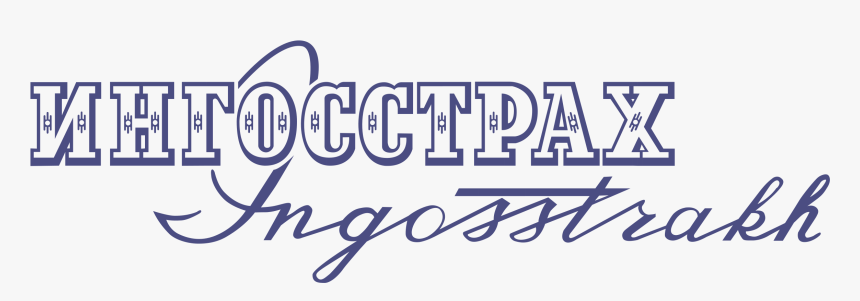Sanctions against Ingosstrakh are notable because it is major provider of coverage for the commercial fleet moving Russian oil, largely displacing insurers based in the UK and Europe. The company didn’t immediately respond to a request for a comment on how the sanctions may affect its future operations
London:
The UK has imposed sanctions on Russian insurer Ingosstrakh, a key player in the operation of the Kremlin’s “shadow fleet” of oil tankers, as part of a push to tighten measures designed to restrict Moscow’s energy revenues.
The UK announced wide-ranging sanctions on Russia, including a first attempt to clamp down on a shadow-fleet of tankers transporting the Kremlin’s oil and a key Moscow-based insurance company.
The measures target four oil tankers out of a fleet of hundreds that are helping Russia to evade western sanctions, as well as Ingosstrakh Insurance Co., an important provider of cover against risks including oil spills and collisions, the UK government said in a statement. In total, 50 entities and individuals, from a wide range of industries were identified.
Restrictions on the shadow fleet are significant as they represent an effort to combat a trade that’s increasingly moved out of western jurisdictions and helped to fund the war in Ukraine. The UN’s shipping watchdog has expressed concern about the fleet’s growth and its involvement in cargo transfers on the high seas. However, it remains to be seen how effective sanctions will prove.
Some Russian ships that were previously sanctioned by the US have struggled to trade as normal after their designation. This will test whether British measures can have a similar effect. Other sanctioned countries, like Iran and Venezuela, have used shadow vessels to try and sustain their oil exports for years.
Many of the sanctions published on Wednesday follow similar moves by the US and upcoming European Union restrictions. The UK said the steps were taken in coordination with other Group of Seven nations. The EU has proposed sanctioning about a dozen ships, Bloomberg previously reported.
One of the sanctioned vessels, the Robon, was filmed transferring Russian oil while falsifying its location as part of a Bloomberg documentary last year. It was called the Turba at the time.
Sanctions against Ingosstrakh are notable because it is major provider of coverage for the commercial fleet moving Russian oil, largely displacing insurers based in the UK and Europe. The company didn’t immediately respond to a request for a comment on how the sanctions may affect its future operations.
A lot of Russian oil flows through or near the waters of Denmark and Turkey, and those countries’ interpretations of the UK’s sanctions will be important.
In addition to measures against the country’s oil exports, there were restrictions targeting the LNG sector.
The UK authorities sanctioned an LNG project in Murmansk that’s due to be built by Novatek PJSC, and a facility that the company has at the Arctic port to make large-scale LNG equipment.
The plant was sanctioned by the US on Wednesday. Novatek had been aiming to start construction of the facility in August, and production three years later.
RusChemAlliance, operator of a planned LNG and gas processing complex in the Baltic port of Ust-Luga, was also sanctioned. The operator, half owned by gas giant Gazprom PJSC, started construction of the facility in 2021. Its completion and production startup have been delayed amid western restrictions on the Russian energy segment.
The measures also target the Moscow Stock Exchange, in coordination with the US.
The sanctions also target suppliers of munitions, machine tools and logistics to Russia’s military, including entities based in China, Israel, Kyrgyzstan and Turkey, along with ships which transport military goods from North Korea to Russia.
The allies are also unveiling measures to better enforce trade restrictions on items found in Russian weapons or needed to build them, especially focusing on banks that are enabling transactions and foreign firms involved in the trades.

